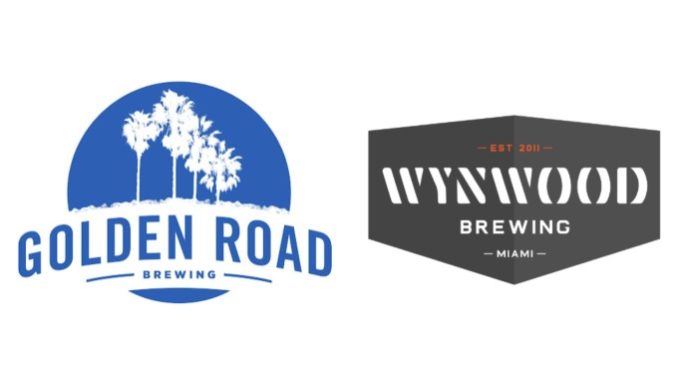AB InBev Closes More Breweries as “Big Craft” Slouches Into Sunset

A decade ago, in a time when it often felt like the U.S. craft beer boom was never going to slow down, the presence of Anheuser-Busch InBev provided a perfect ideological foil for the average beer geek. They were the evil empire, the giant corporate outsider determined to buy its way into scene legitimacy by gobbling up as many small breweries around the country as they could. We feared AB InBev’s influence as an existential threat to the craft beer scene, particularly in their ability to squeeze smaller brands off the shelf by flooding package stores with Anheuser-owned “craft” brands, or lobbying in the halls of state government against craft-friendly legislation. We didn’t imagine, at the time, that there was anything out there that represented a bigger threat than AB InBev.
Those thoughts were, of course, naive. The craft beer scene that exists today is much more fragile and perilous, and it wasn’t really AB InBev that got us here. No, it was an economic tale as old as time–receding consumer interest, sky-high costs of production, and high prices that the consumer simply doesn’t want to accept paying for a product that was once seen as an affordable luxury. Or in the other words: Craft beer lost its cache with consumers in the last decade, and by no means were those brands snapped up by AB InBev spared. If anything, many of them were among the hardest hit.
These days, it doesn’t feel like the average beer geek even stops to think about the fate of most of those AB InBev-owned former craft brands at all–they have disappeared entirely from our radar, only reappearing via headlines when they are shut down or sold off. And my, what a culling the Belgian conglomerate has undergone in the last couple of years. The latest casualty? That would be Miami’s Wynwood Brewing Co., one of the city’s original craft brewing presences, which opened in the titular neighborhood in 2013 and was acquired in 2019 when AB InBev acquired the entirety of the Craft Brew Alliance, which also included the likes of Redhook, Widmder Bros., Kona Brewing Co. and Appalachian Mountain Brewery. Wynwood’s facility will close for good in February, though beers such as their GABF gold medal-winning porter will still reportedly be produced in Miami at Veza Sur, also owned by AB InBev.
The fate of Wynwood Brewing Co. reads as collateral damage in AB InBev’s 2010s-era quest to piecemeal a craft network of breweries all over the country. They likely acquired the Craft Brew Alliance primarily with the intent of turning Hawaii’s Kona into a prominent national craft brand–the likes of Wynwood were just along for the ride. Did that make Wynwood’s ultimate closure a matter of inevitability when the deal was signed in 2019? Did anyone at AB InBev ever have the most basic intention of preserving this Miami staple’s legacy? It seems unlikely.
-

-

-

-

-

-

-

-

-

-

-

-

-

-

-

-

-

-

-

-

-

-

-

-

-

-

-

-

-

-

-

-

-

-

-

-

-

-

-

-








































